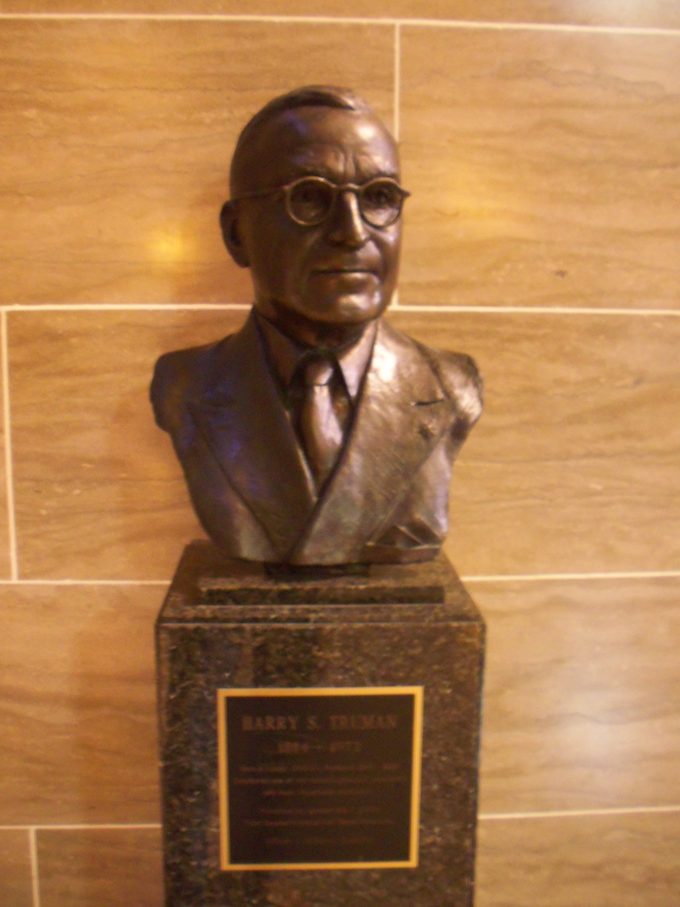
Friday, 15 December 2017
Likewise, their wives must be reverent, not slanderers, temperate, faithful in all things. 1 Timothy 3:11
This words of this verse are highly debated. What is certain is that one with presuppositions concerning what it says will look to justify their position based on the seeming ambiguity of Paul’s words. The Greek reads either, “Women, likewise, must be…” or “Wives, likewise, must be…” If this is referring to “women,” then it means there is a class of deaconesses being addressed. For those who hold this view, they look to the fact that no restriction on the wives of overseers was given, and so it naturally means that it cannot mean deacon’s wives are being singled out. However, Meyer’s NT commentary reads –
“The reason of the special exhortation would then be, not, as Heydenreich says, that even the domestic life of the deacons should be considered, but that the office of the deacons, consisting in the care of the poor and the sick, was of a kind in which their wives had to lend a helping hand. Hence we can explain why the wives of the bishops are not specially mentioned.”
That actually would sufficiently resolve why the wives of the overseers is not mentioned. The duty is one of service (scurrying through the dust, as the term “deacon” implies). The wife, if a deacon is married, assisting in this would be an obvious part of the his duties. Albert Barnes gives further reasons why “wives” is the correct interpretation –
“(1) it is the obvious and natural interpretation.
(2) the word here used – “wives” – is never used of itself to denote deaconesses.
(3) if the apostle had meant deaconesses, it would have been easy to express it without ambiguity; compare notes, Romans 16:1.
(4) what is here mentioned is important, whether the same thing is mentioned of bishops or not.
(5) in the qualifications of bishops, the apostle had made a statement respecting his family, which made any specification about the particular members of the family unnecessary. He was to be one who presided in a proper manner over his own house, or who had a well-regulated family; 1 Timothy 3:4-5. By a comparison of this passage, also, with Titus 2:3-4, which bears a strong resemblance to this, it would seem that it was supposed that the deacons would be taken from those who were advanced in life, and that their wives would have some superintendence over the younger females of the church. It was, therefore, especially important that they should be persons whose influence would be known to be decidedly favorable to piety. No one can doubt that the character of a woman may be such, that it is not desirable that her husband should be an officer in the church. A bad woman ought not to be entrusted with any additional power or influence.”
As a final note of confirmation concerning this, the “deacon” is specifically addressed in verses 8, 10, 12, and 13 as “deacons.” Verse 11 is instructive of verses 8 & 10 as pertaining to the deacon, meaning qualifications of the wife of the deacon being described. Verse 12 is instructive for the deacon based on what is said in verse 11. In other words, the words of verse 11 describe the necessary qualification of the wife. After that, the deacon is then forbidden from having more than one wife. A “deaconess” is never mentioned or alluded to. The entire passage speaks of what pertains to the deacon directly, or to his wife who directly affects his qualifications.
The entire tenor of Paul’s words, from the restrictions placed on women in Chapter 2, all the way through his letter to Titus, along with his precise words of 1 Corinthians 14:34, 35, shows that this is speaking of “wives” specifically, not “women” in general. And so for these wives, Paul says that they “must be reverent.” It is the same word used in verse 8. Like the husband, the wife of the deacon must be honorable and bear dignity. She should be “deeply respected because [she is] viewed as majestic (having gravity)” (HELPS Word Studies).
They are also to not be “slanderers.” This signifies a false accuser, or one who unjustly criticizes others in order to hurt them, even to the point of severing relations. When an article is used in front of this Greek word, it speaks of the devil.
Along with this, they are to be “temperate.” The word means “clear minded,” “sober,” “circumspect,” etc. It was used to describe the overseer in verse 2.
And finally, the wife of the deacon is to be “faithful in all things.” The word signifies “full of faith.” In other words, her faith in what God has done is to direct all aspects of her life.
Life application: It is obvious that a verse such as 1 Timothy 3:11 will be looked at differently by those with presuppositions or personal biases in order to establish a desired doctrine. When difficult verses like this come along, the more conservative view should be considered first. Secondly, the context of the entire passage should be considered, and thirdly, the rest of Scripture which is prescriptive in nature should be considered. In the end, a misinterpretation will eventually lead a congregation away from soundness of doctrine. Therefore, difficult passages must be carefully and prayerfully evaluated.
Lord God, when we come to difficult verses in Your word, and when we desire to know the truth of their meaning, please hear our prayers for clarity, lead us to sound explanations, and keep us from biases which will draw us from what is right and proper. May our evaluations of Your word be conservative, well-considered, and ever-cautious that they are sound and proper. To Your glory we pray. Amen.





